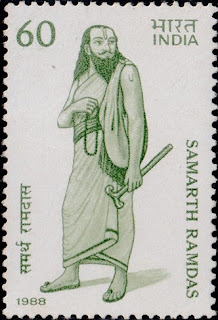Gopal Krishna Gokhale (9 May 1866 – 19 February 1915) was an Indian political leader and a social reformer during the Indian independence movement. Gokhale was a senior leader of the Indian National Congress and the founder of the Servants of India Society. Through the Society as well as the Congress and other legislative bodies he served in, Gokhale campaigned for Indian self-rule and for social reforms. He was the leader of the moderate faction of the Congress party that advocated reforms by working with existing government institutions, and a major member of the Poona Association or the Poona Sarvajanik Sabha.His famous quote was "What Bengal thinks today, India thinks tomorrow".









